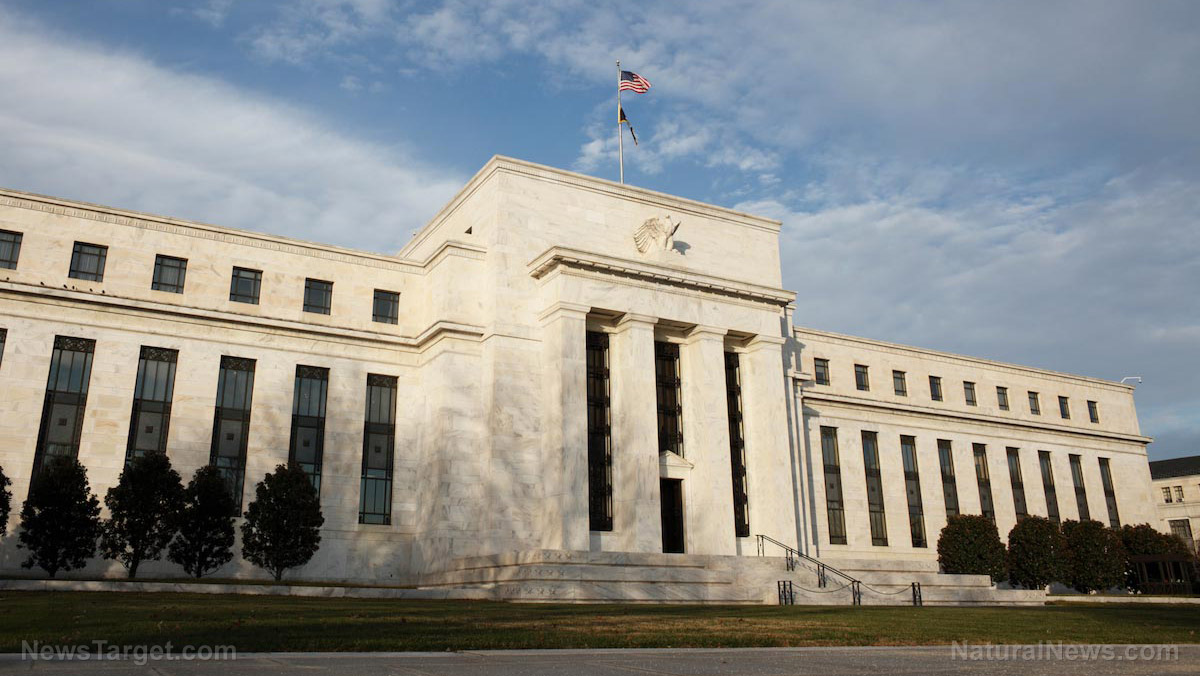
The Fed claimed that the said service, which has been worked on since 2019, will take out the several-day lag it commonly takes cash transfers to settle and will make the U.S. at par with the United Kingdom, India, Brazil, as well as the European Union when it comes to "real-time" purchasing system. Unlike peer-to-peer payment services like Venmo or PayPal, which act as intermediaries between banks, payments made via FedNow will settle directly in central bank accounts.
Sen. Chris Van Hollen (D-MD), who first suggested the development of a real-time payment system, said in a statement that this is "good news for American consumers and our economy." He pointed out: "The launch of FedNow will help connect Americans with their money – when they need it, immediately, in real-time – and will save consumers billions of dollars annually." (Related: CBDC in 2023: Federal Reserve planning to implement "FedNow" digital currency between May and July of 2023.)
Forty-one banks and 15 service providers were already certified to use the service, including community banks and large lenders like JPMorgan Chase, Bank of New York Mellon and U.S. Bancorp, with plans to onboard more banks and credit unions within the year.
"For us, FedNow really is a wonderful way of expanding reach," said Anu Somani, head of global payables and embedded payments at U.S. Bank. "We want our clients to benefit from these capabilities, and we want that to be a competitive edge for us," Carl Slabicki, global co-head of payments for BNY Mellon's Treasury Services, added.
While the new FedNow is for everyone, it's likely to benefit consumers and small businesses the most, analysts have said. For large-scale, mostly corporate payments, FedWire is also offered – although it is only operational during business hours.
"Having the Fed in the space makes our members feel more comfortable that their needs will be met, that they will be treated fairly for pricing," said Lance Noggle, senior vice president of operations and senior regulatory counsel at the Independent Community Bankers of America.
Meanwhile, the ones that are currently operating as instant payment systems are from the private sector, including the Automated Clearing House's (ACH's) Real-Time Payments (RTP) network – which was initially opposed by big banks who said it was redundant.
Analysts: FedNow threatens financial privacy
George Selgin, a long-standing critic of FedNow, told Axios that the Fed recently launched the instant payment system "in response to intense lobbying by community banks that wanted an alternative to RTP, a system established in 2015 when crypto was still in its swaddling clothes."
A little competition may be good as consumers are given more options however, who would want to compete with their regulator? We may see a nearing demise of RTP.
Digging deeper into how this "digital financial manipulation" works, it does not take a genius to read the hidden agenda between the lines: this could be a prelude to central bank digital currency (CBDC) that threatens financial privacy and freedom. Here is the American Institute for Economic Research's Emile Phaneuf's view of CBDCs:
"Risks CBDCs present include the loss of settlement finality that comes with physical cash, loss of financial privacy, easy seizure of assets, loss of the ability to resolve problems at a local level with a commercial bank …outright prohibition on spending or purchase limits with certain merchants or on certain products, and (perhaps most importantly) the paradigm shift from money as an exercise of economic freedom to one of social engineering by central banks and their respective governments."
"The latter could manifest itself in various ways, including (to name just a few) negative interest rates – essentially a confiscation of one's savings – [and] the expiry of one's money, with a date determined by the issuing central bank or its government).
Visit CurrencyReset.news for more news on government's efforts to pave way to CBDC's to gain full control of Americans' money.
Sources for this article include:
Please contact us for more information.

















